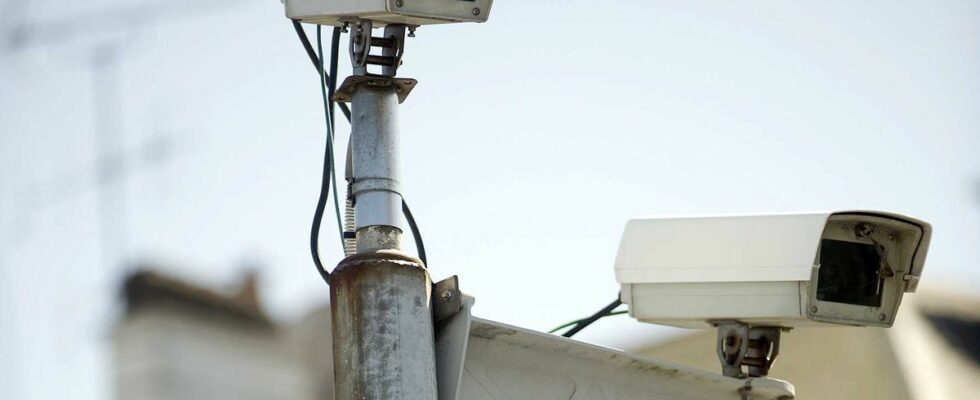“Are you happy with this new apartment? In which corner? Le Plessis-Robinson, how are you, is it calm? An innocuous exchange at the coffee machine a few months ago with a colleague, who quickly told me about her brand new condominium. “Oh, it’s Disneyland, there are cameras everywhere, there’s no risk. Understood: video surveillance is the key to a daily life freed from security issues. Has it then become a criterion for those who are looking for accommodation in the Paris region, to rent or buy?
Olivier Princivalle, just appointed head of the Fnaim Greater Paris, the union which represents real estate professionals in Ile-de-France, and which has worked for 25 years in co-ownership trustees, shares its experience on video protection services: “It is neither a selection criterion, nor a selection criterion. » An observation shared by the main real estate networks who did not want to follow up on our requests because of « lack of data on the subject » and « too residual criteria to be concretely measurable ». “But it is an effective response to the concern of co-owners in the event of proven burglary or assault”, nuances the main interlocutor.
Equipment widely installed in the first ring
It identifies two different markets in Greater Paris which do not involve the same security issues. “The suburban market, and in particular the inner suburbs, has seen the installation of this equipment very widely, and in particular in areas where safety is a concern”. And for good reason, it makes it possible to identify any author of theft or damage, whether outside the building, or occupant. “It was in line with the securing of the entrance halls, the installation of videophones at the entrance to the buildings, everything that made it possible to identify with the image the people entering and leaving. adds Olivier Princivalle.
But for him, whether the housing is new or old, there is no distinction: “What matters is the effectiveness of public policy on security in general. And the fact that the occupants have experienced a traumatic shock before, such as a burglary or an assault. At this time then, they ask the trustee for this type of facilities. He explains it by a formidable efficiency, a strong dissuasive power – “posting at the entrance of buildings on the access roads being compulsory” –, and a very reasonable cost. However, Olivier Princivalle admits, “we find refractory in all copros to this kind of equipment”.
A practice to supervise
New small talk last week with the same colleague mentioned above whom we will call Andréa. “Oh no, but these camera stories create a lot of debate. The copro’s whatsapp group keeps beeping and vibrating. Get me out of here,” she jokes. And yet, as Olivier Princivalle points out, the practice must absolutely be supervised. “You have to be careful about the permissions to view the videos. They should only be granted to the syndic of the co-ownership on the requisition of the national police. »
For the president of the Fnaim Grand Paris, leaving the images in the hands of the union councils for example, these assemblies of co-owners who take minor decisions for the good of the community of their copro, is a very bad idea. “We mustn’t let anyone think they’re the police in the building and check everything and anything on the images. Because then privacy is no longer really privacy and can turn efficient equipment into a real bone of contention.
“Today, the criterion of controlling condominium fees is far from neutral, with a direct consequence on the daily budget. That of the energy label of housing and/or building is also a criterion which is essential, since the energy transition law, which has made this informative indication, a criterion of decency of housing. Olivier Princivalle adds to these determining elements in a real estate search the criterion of the state of natural risks, “which until then did not interest many people, but which with the climatic imperatives, should play a preponderant role in the years to come. to come “. In the Paris region, however, it will be limited because “the already very dense buildings rest on clay soil everywhere”.

